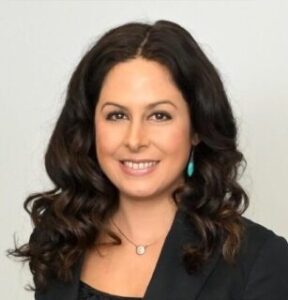
In order to financially qualify for home care Medicaid (HCMA) or nursing home Medicaid (NHMA) in New York State, one’s liquid non-retirement assets must total below $31,175 for a single individual, and $42,312 for a married couple applying for Medicaid. Yet, if one’s resources exceed these thresholds, it is not the end of the story. One may still be able to financially qualify for NHMA by making what is known as an “exempt transfer” of one’s assets.
As is well known, there’s a five-year lookback period for NHMA, meaning that Medicaid “looks back” five years from the date the application is submitted to determine whether assets were transferred out of the applicant’s name during that timeframe. Transfers for less than fair market value (gifts) disqualify a person for Medicaid, as they are presumed to have been made “in contemplation of qualifying for Medicaid” unless the applicant proves otherwise. That said, pursuant to Section 366.5(d) and (e) of New York’s Social Services Law, certain categories of transfers are “exempt” from Medicaid’s scrutiny. These include transfers of assets to (1) the applicant’s spouse for the sole benefit of the spouse; (2) the applicant’s spouse to another for the benefit of the spouse; (3) the applicant’s blind or disabled child, or a trust established solely for the benefit of such child; or (4) a trust established solely for the benefit of a disabled person under the age of 65 years.
The applicant’s primary residence (homestead) may also be transferred to the applicant’s spouse; blind, disabled, or minor child; sibling with an equity interest in the home who resided there for at least one year before the applicant became institutionalized; or child, who resided in the home at least two years before the applicant became institutionalized and provided care to the applicant.
Notably, unlike NHMA, there is currently no lookback period for HCMA. One who needs a home health aide to assist them with their activities of daily living (bathing, dressing, toileting, etc.) can transfer their liquid non-retirement assets in excess of the Medicaid limit today to anyone of their choosing, or to an irrevocable Medicaid asset protection trust (MAPT), and financially qualify for HCMA the following month. However, this may not always be the case — the possibility of a 2.5 year lookback period for HCMA has been looming since 2020. While the pandemic delayed its implementation, whispers of a 2025 implementation date have resurfaced. Those who have applied for and been approved for HCMA before this occurs will be “grandfathered” in, making it an ideal time to apply.
The best-case scenario is always advance planning (e.g., transferring assets that one wishes to protect to an MAPT at least five years before one is expected to need care). Still, if you are late to the game, all may not be lost. An elder law attorney can help assess your personal circumstances to determine whether you can qualify for Medicaid.






